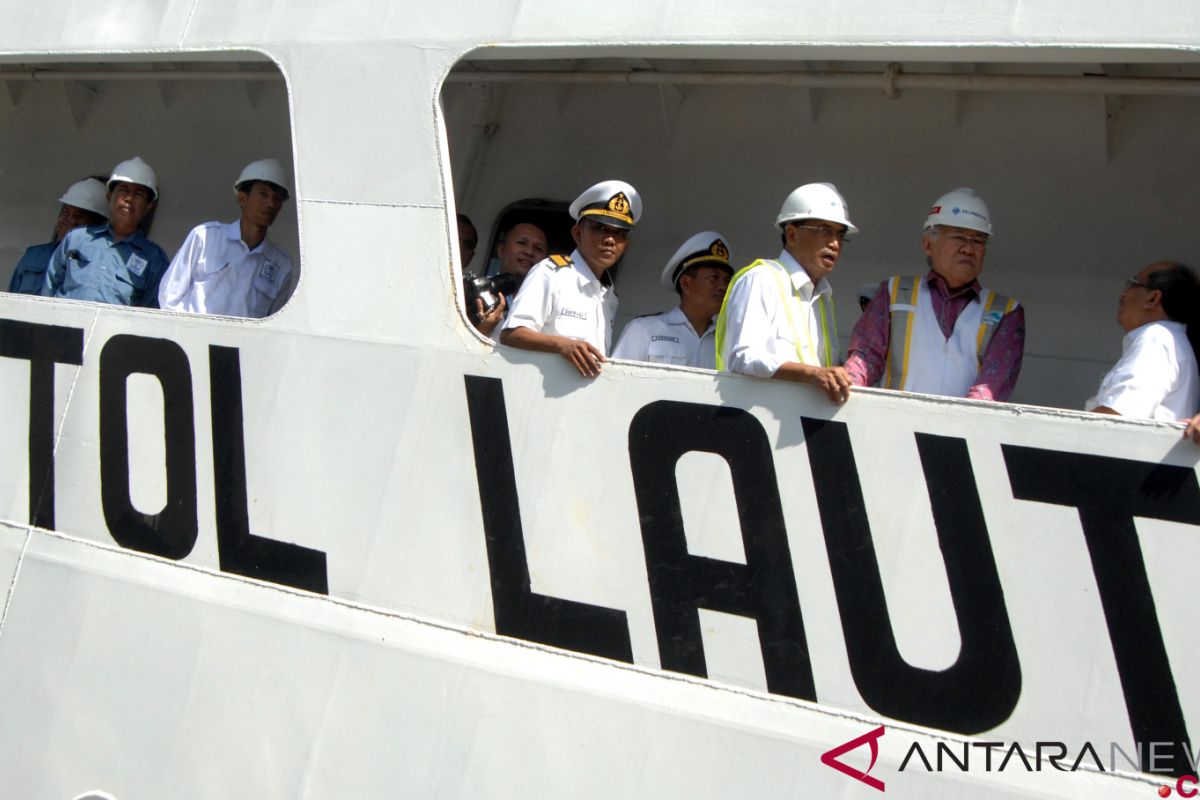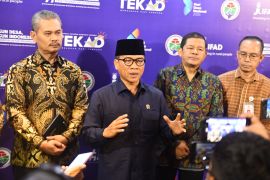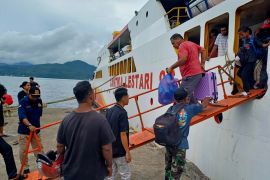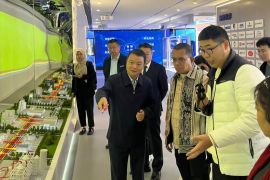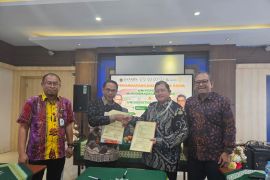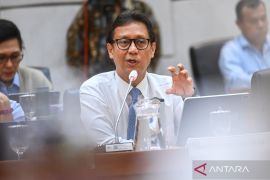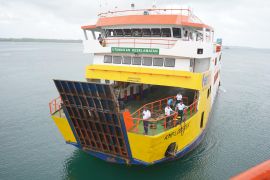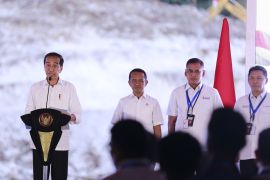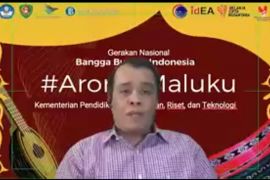"Some people express hesitation about the sea toll road program. But, President Joko Widodo (Jokowi) continues to implement the program," Lukita stated here on Monday.
The government has built infrastructure, one of which was sea toll road, to reduce the price disparity.
"This is the price that we have to pay when will we build the eastern part of Indonesia without infrastructure?" the minister noted.
If price disparity between eastern and western Indonesia still exists, justice has not yet materialized, he remarked.
"The price disparity between Maluku and Papua still exists. This condition shows inequity," he added.
There was still an ego-sectoral among agencies or institutions in the implementation of sea toll road program.
Therefore, the coordination among institutions was necessary, particularly for loading and unloading and getting accurate information about the needs and potential of an area.
On the same occasion, Minister of Transportation Budi Karya Sumadi revealed that the prices of basic commodities in the eastern part of Indonesia had dropped 15-20 percent on average.
He noted that the government would distribute 50 ships for state-owned companies and 50 ships for private sector this year.
The sea toll road has the potential to seize the air cargo market because the price is competitive, the minister explained.
Sumadi and Lukita earlier signed a declaration of MV Dorolonda regarding a sea toll program ahead of National Press Day 2019.
The declaration, signed aboard MV Dorolonda at the Tanjung Perak Seaport, here, on Monday, contains several measures that should be taken to improve the sea toll program introduced by Jokowi back in 2015.
Of the various measures, the first is urging various parties to be involved in this mode of transportation to support immediate digitalization of the sea transport process and system, so it can be more effective, efficient, and transparent.
Second, it is deemed necessary to disseminate information on the sea toll program to the public through more creative and innovative methods.
Third, it is important to improve the quality of port services and reduce the tariff for loading and unloading cargo at the port.
The fourth is to conduct re-mapping and continue the sea toll concept in future by involving all parties, including the private sector and regional government, through the sea toll.
The fifth is to request that the implementation of the sea toll system would consider and include existing public shipping, so that they become an integral part of the sea toll node.
The sixth is to expect consistency and continuity in the development of sea transportation in Indonesia, so as to provide business certainty in the sea transportation sector.
Reporter: Antara
Editor: Azizah Fitriyanti
Copyright © ANTARA 2019
